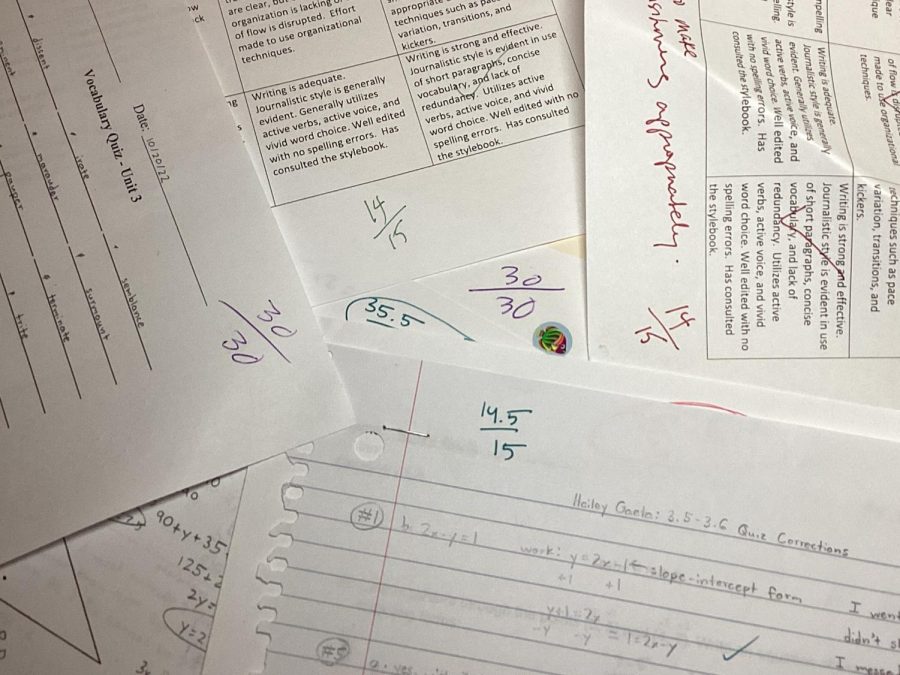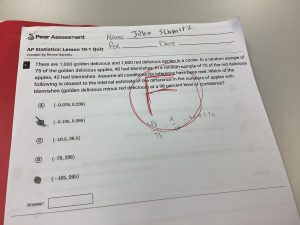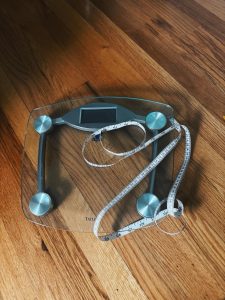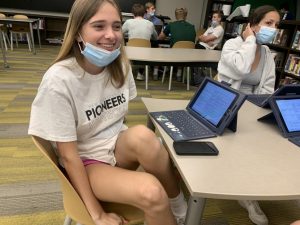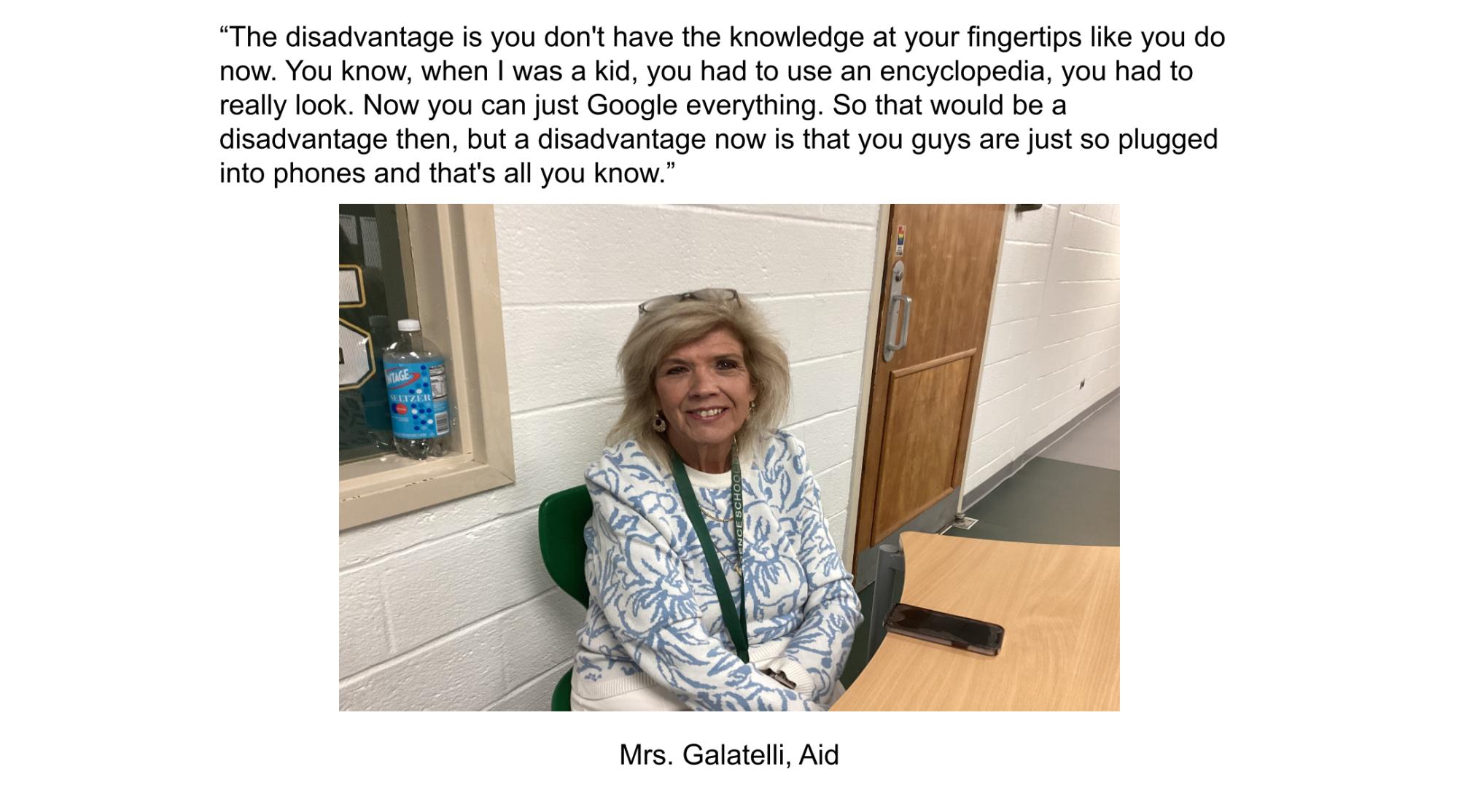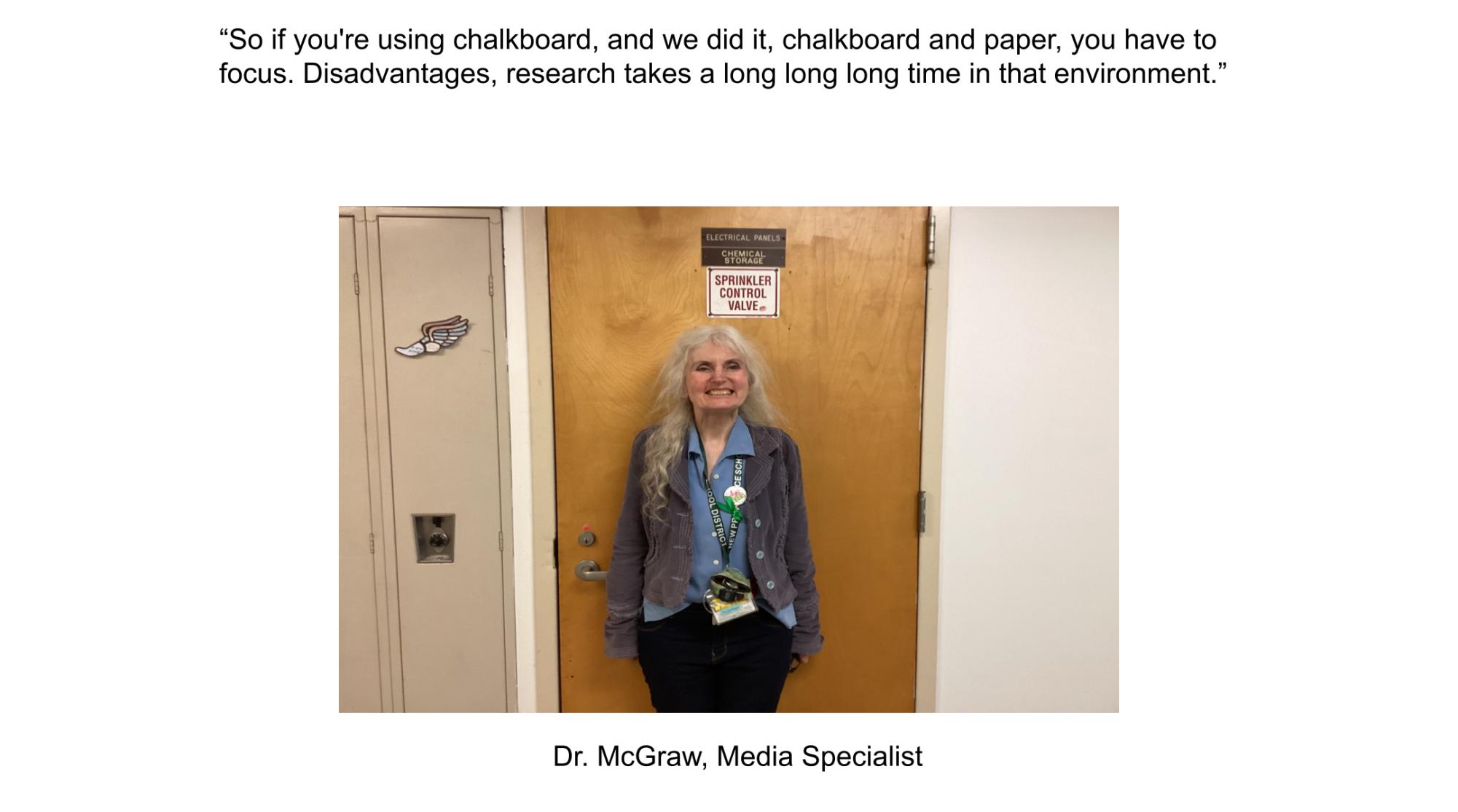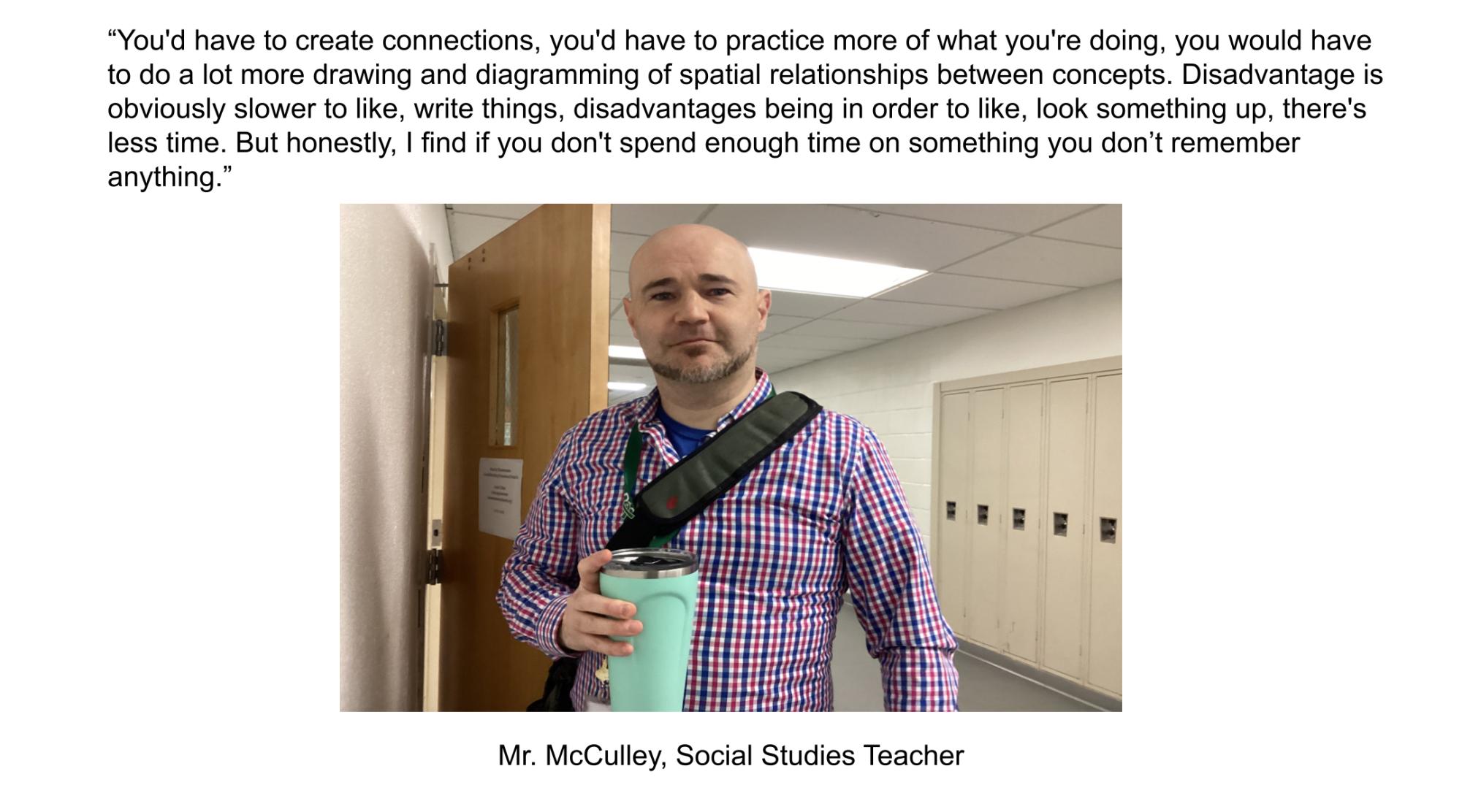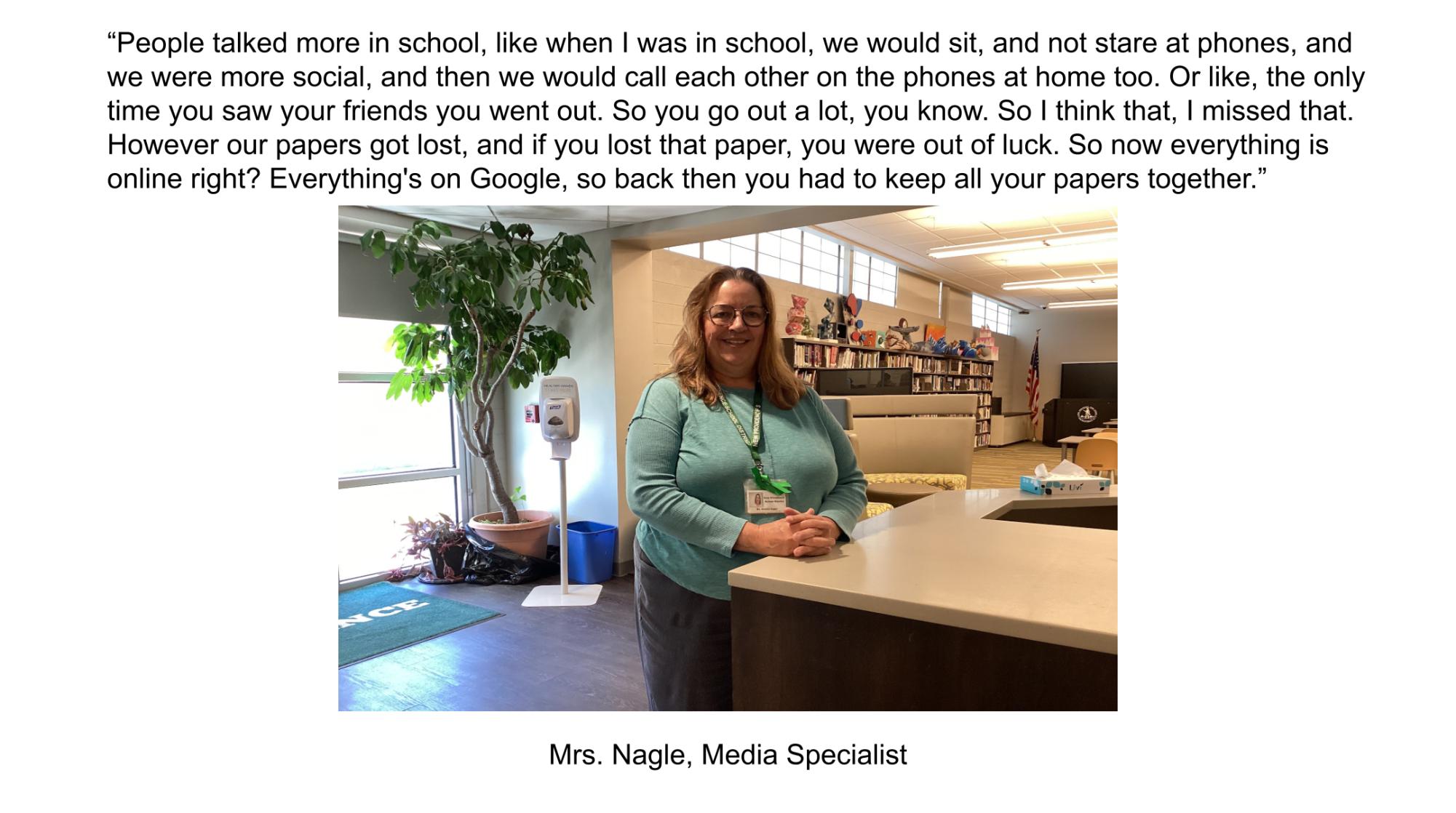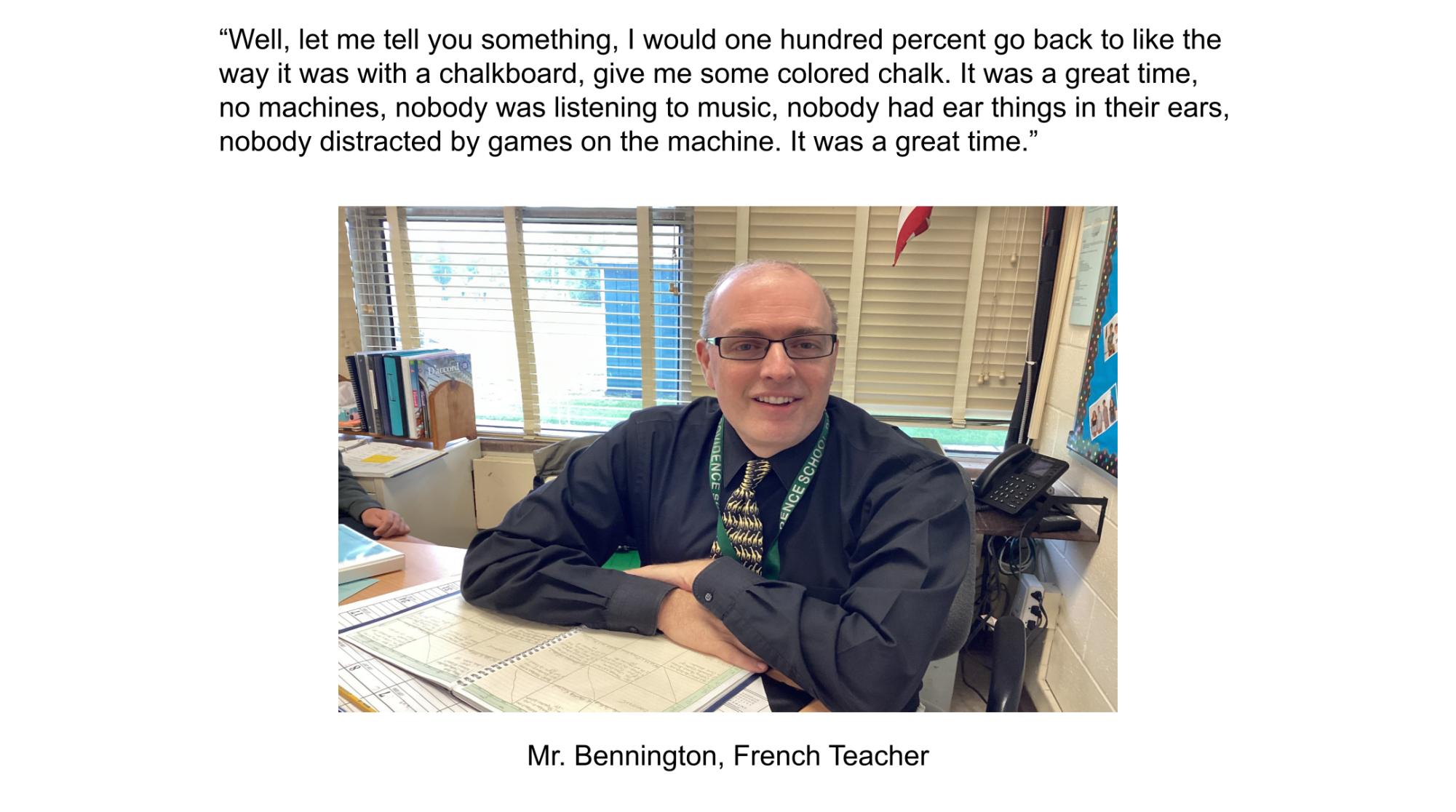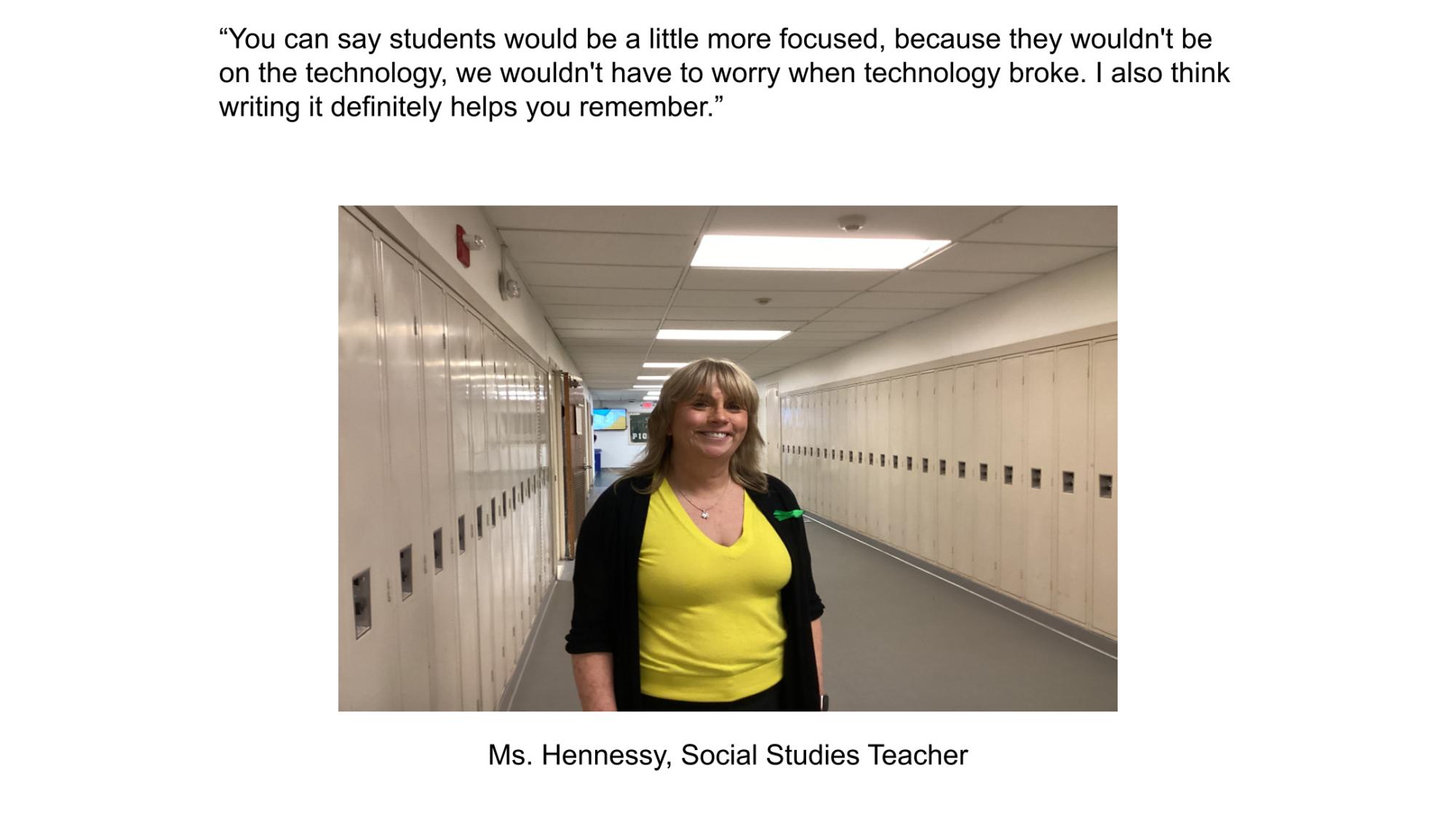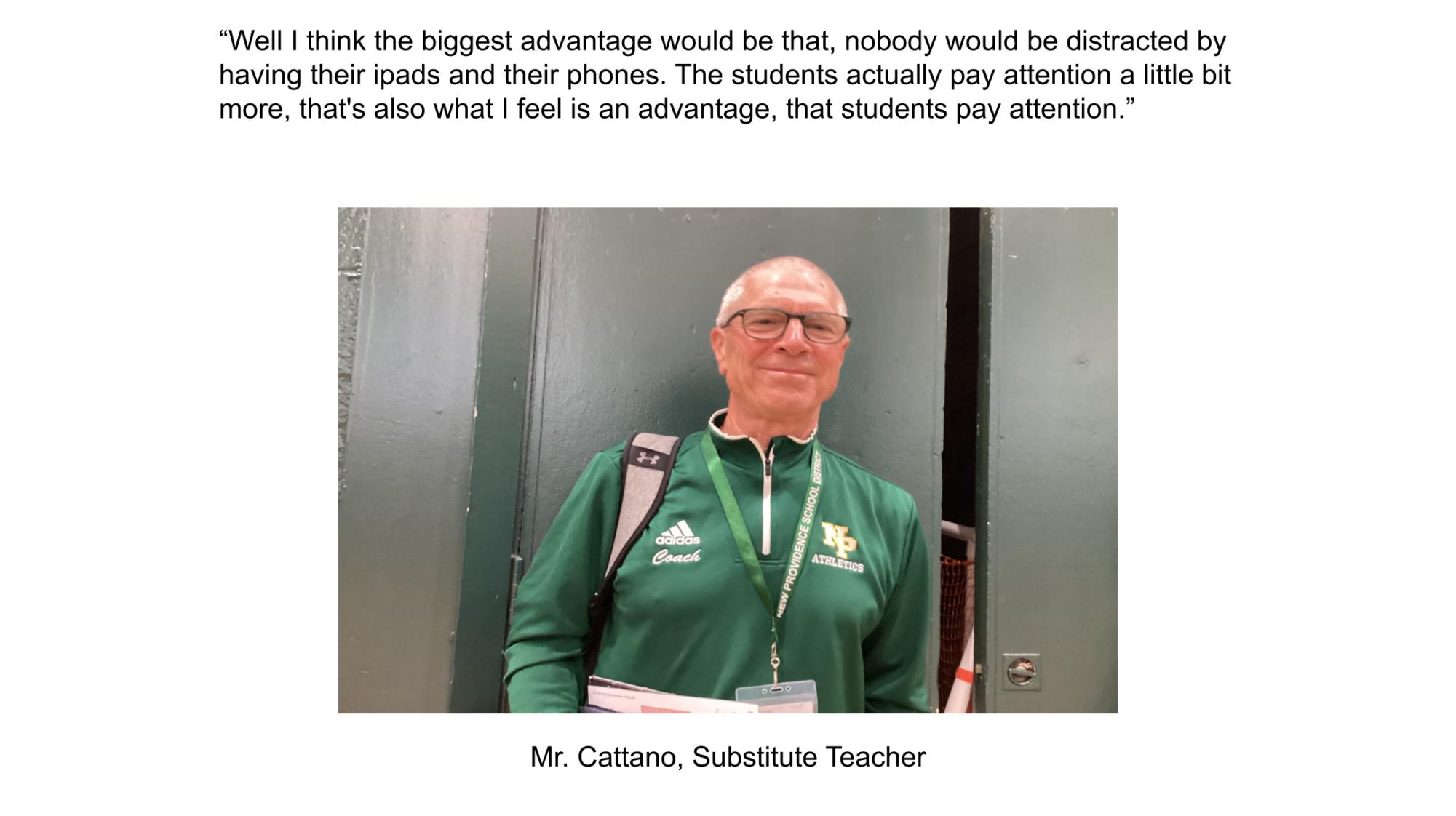Finding a High School Balance
December 13, 2022
From seven in the morning to nearly eight at night, New Providence High School is alive with people and noise. Locker doors slam, students call out to their friends, and teachers present their lessons of the day. The buzzing activity continues long after the bell rings at 2:46 as a variety of sports occupy the building. After a seven hour school day and two hour practice, all most student athletes want to do is go to bed. However, many have piles of homework waiting for them.
Balancing school, sports, extracurriculars, and home life while also navigating young adulthood can be a difficult task. Finding the right balance is essential to a successful high school career, and a successful life.
NPHS provides mental health support in a variety of ways, including an open door policy from the counselors, strict HIB rules, and productive communication with teachers. However, if students don’t find their balance of school and life, the competitiveness and rigorous courses may force them to choose between their grades or their mental health.
Keira Colaluca is a junior whose trio of AP courses give her around 3 hours of homework per night. APUSH, APLAC, and AP Physics combine to form a daunting workload.
“I lose sleep over assignments,” Colaluca said.
Being a cheerleader means there is even less time for homework and studying.
The amount each teacher assigns isn’t too extreme, however, the cumulative effect can be.
“Each class is manageable…together, it’s too much,” said Colaluca.
To combat procrastination, Colaluca likes to work with a friend or listen to something that stimulates her mind, like instrumental music.
There are so many students like Colaluca who dedicate themselves to their studies and extracurriculars while wrestling with everything else in life. It is vital that as much support is provided to them as possible.
If students were taught in middle school or even earlier how to maintain a healthy work-life balance, life would be significantly easier for them in high school.
Allie Maisch is a freshman who is also working to handle tough classes and sports during her first year of high school. The transition from middle school to high school was shocking, with much more work to do and sports practices every day of the week. Maisch played volleyball in the fall and is now running track, and said she taught herself time management over the course of her volleyball season.
“It depends, but I usually get about half an hour to an hour of homework [and studying] per night,” she explained.
Maisch is taking three honors classes and is involved in a variety of clubs.
Aside from occasionally forgetting to finish an assignment after practice, Maisch said she is able to handle her workload fairly well. Learning to budget her time properly has improved both her test scores and her mental health.
Going from middle school to high school can be a rocky process, and it is important that underclassmen are guided as they get used to a new schedule and more difficult classes.
It would be extremely beneficial for all students if efficient ways to study as well as skills like time management were taught at a young age. This would prevent both procrastination and cramming and relieve stress. Freshmen could adjust to high school more easily, and upperclassmen would be better equipped to handle their demanding course loads.

